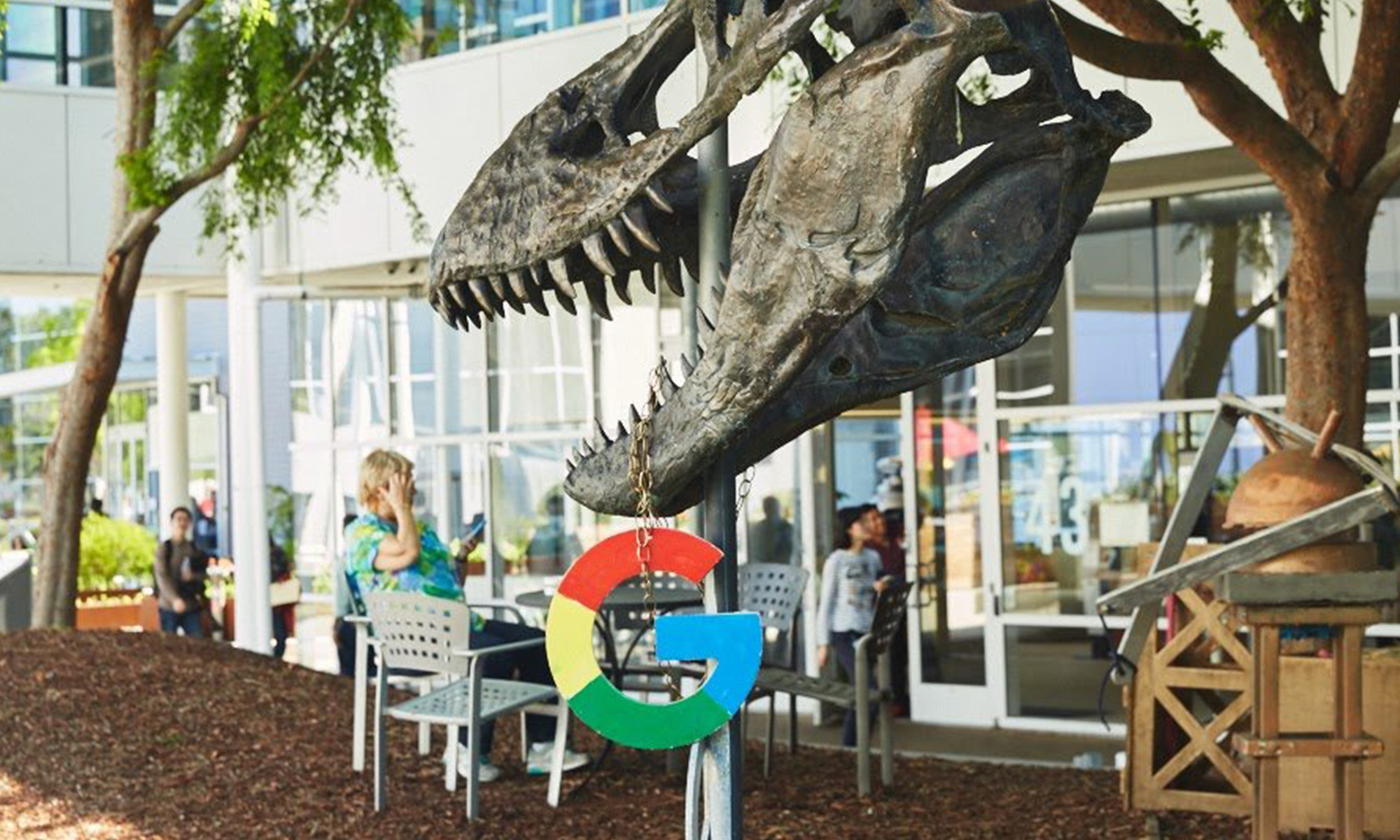If there is one company that looks well positioned to benefit from the next decade of artificial intelligence (AI) growth, it's Alphabet (GOOGL +2.37%) (GOOG +2.44%). The tech giant has long dominated in online search, but its strengths extend well beyond that. In fact, Alphabet may be the best AI stock to hold over the next decade.
A cloud computing leader
While Alphabet is only currently the No. 3 cloud computing infrastructure company by market share, I think it is the one best positioned for the future. The reason for this is that the company has a few distinct advantages, the biggest of which is that it has the most complete tech stack in the space.

Image source: Getty Images.
Its Gemini foundational large language model (LLM) is consistently ranked as one of the best. LLMs are an important part of the cloud computing landscape because customers typically build their AI models and apps upon the foundational models that the cloud computing companies provide. Amazon (AMZN +0.27%) has its own AI models, but they have not been ranked as highly, and while Microsoft (MSFT +1.04%) has its own models too, it still largely relies on OpenAI. Because it has developed its own world-class model, Alphabet can weave Gemini throughout every aspect of its cloud stack, and it doesn't have to rely on third-party LLMs like its chief competitors in the cloud infrastructure space.
At the same time, Alphabet is also head and shoulders above everyone else in the development of custom AI chips. Alphabet began developing its tensor processing units (TPUs) more than a decade ago, and those chips are now in their seventh generation. While Amazon has developed its own chips and Microsoft has also been doing so recently, no other company has deployed AI ASICs (application-specific integrated circuits) at the same scale as Alphabet. Even Nvidia CEO Jensen Huang has commented that Alphabet's TPUs are in a class by themselves compared to other AI ASICs.
Compared to the general-purpose GPUs produced by Nvidia and others, Alphabet's TPUs provide performance, efficiency, and cost advantages for the specific types of AI workloads they are intended to handle. They're specifically designed for its TensorFlow framework, and the company runs a meaningful portion of its own internal workloads using them, as well as renting capacity on them to customers through Google Cloud. As inference workloads become a bigger part of overall AI processing, the advantage conferred by that TPU infrastructure will likely only widen.

NASDAQ: GOOGL
Key Data Points
AI and search
While Alphabet's growth is being powered by cloud computing, it remains the internet search leader. The search and AI chatbot businesses have been merging into a category one could describe as "discovery," but even with this, the company has distinct advantages. The biggest is distribution. The combination of owning the world's most-used browser and most-used smartphone operating system, together with a search revenue-sharing agreement that makes it the default search engine on Apple devices, positions Alphabet as the gateway to the internet for most people in the world outside of China.
Meanwhile, it has infused AI features -- including AI Overviews, Lens, and Circle to Search -- across its platform to help drive more search queries. It has also introduced an AI Mode that lets users easily switch from traditional search to querying an AI chatbot with a simple click of a button. An Oppenheimer survey found that 75% of respondents who pay for ChatGPT found Google AI mode more helpful than using ChatGPT. Its stand-alone Gemini app has also been taking market share, in part due to the popularity of its Banana Nano AI image editing tool.
Another big edge for Alphabet is that it has one of the most expansive ad networks on the planet. The company has spent decades creating a system that could meet the needs not only of large clients but also of smaller local merchants across the globe. Its ads continue to be highly effective, and advertisers tend to stick with what works.
Another feature not to be overlooked is the symbiosis between the company's cloud computing and search/AI businesses. Since it has its own cloud computing business with its own cost-advantaged chips, Alphabet has a big edge over companies like OpenAI that need to spend heavily on Nvidia's high-cost graphics processing units (GPUs). This edge becomes even more pronounced with inference, since handling those workloads creates ongoing costs. Ultimately, Google Cloud gives Google Search a huge structural cost advantage in the world of AI.
And that is why Alphabet is one of the companies best positioned for the next decade of AI growth.








